The British Royal Family, still navigating the monumental transition following the passing of Queen Elizabeth II, is facing a deepening institutional crisis, with the ongoing controversy surrounding Prince Andrew—the late Queen's son—acting as a relentless accelerant. The latest firestorm is being driven by the posthumous publication of the memoir, Nobody's Girl, by Virginia Giuffre, coupled with intense public and political scrutiny over Prince Andrew's financial arrangements for his 30-room residence, Royal Lodge.
The news has struck a raw nerve among the millions of Britons and people globally who cherished the late Queen, raising grave questions about the monarchy's post-Elizabethan era and its ability to withstand reputational damage.
Giuffre’s Memoir and the Royal Lodge Flashpoint
Prince Andrew, who vigorously denies all accusations, has seen the focus on his links to convicted paedophile Jeffrey Epstein reignited with the release of Giuffre’s book. The memoir includes harrowing details of her alleged trafficking and forced sexual encounters with powerful men, including the Prince, claims she made when she filed a civil lawsuit against him in the US, which was settled for a reported multi-million-dollar sum in 2022 without any admission of liability. Giuffre tragically died by suicide earlier this year, shortly after completing the book.
The controversy has swiftly pivoted to the Prince's residence, Royal Lodge in Windsor Great Park. Recent scrutiny of the leasehold agreement, acquired for a reported £1 million in 2003, revealed the Prince has paid only a symbolic "peppercorn" rent—reportedly just £1 a year—for over two decades. Critics argue this represents a substantial public subsidy for a disgraced royal, particularly given his reported lack of a discernible income.
Pressure is mounting on King Charles III to compel his brother to vacate the mansion. Royal sources indicate that Prince Andrew is in "advanced talks" with the King's senior aides about a voluntary exit. However, the Prince, who is reportedly resistant, is protected by a 75-year lease running until 2078. Any mutual settlement would likely involve a compensation payout from the Crown Estate—which manages the property and sends profits to the Treasury—potentially around £558,000, further inflaming public anger over the use of public funds.
Political Showdown Over Titles
In a rare and dramatic development, Prince Andrew’s conduct, his financial affairs, and the possibility of formally stripping him of his dukedom are now poised for a historic debate in the House of Commons.
While the government has previously refused to allocate parliamentary time, the Liberal Democrats have signalled their intent to use an Opposition Day debate to discuss the removal of the Duke of York title. This move follows a YouGov poll suggesting up to four out of five Britons support formally stripping him of the title. While the Prince recently agreed to relinquish the use of his titles and honours—including Duke of York—following discussions with the King, he technically retains the dukedom, which requires an Act of Parliament to remove.
The prospect of such a parliamentary intervention represents a significant erosion of the centuries-old convention of avoiding political scrutiny of the Royal Family, showcasing the extent of the political and public disquiet.
A Deeper Crisis for the Monarchy
The crisis is not only about Prince Andrew but also the Royal Family's post-Queen image. Public opinion of Prince Andrew has plummeted to extremely low levels, with YouGov polls consistently showing he is widely disliked. As commentators observe, Andrew’s scandal exposes wider questions about royal accountability, private wealth, and the opaque nature of the monarchy’s finances.
The new King Charles III faces an excruciating dilemma: how to effectively banish his brother and contain the fallout without further damaging the family's image. King Charles has reportedly been advised to confront his brother "face-to-face," demanding he leaves Royal Lodge to stop the damage to the institution.
As one royal observer noted, the "Andrew problem" will define King Charles's early reign, threatening to overshadow the 'important issues' the Palace wishes Parliament and the public to focus on. With calls for the Metropolitan Police to reopen investigations into Giuffre's claims—and fresh claims that Andrew allegedly asked a police protection officer to dig up dirt on his accuser—the burning issue of Prince Andrew is now a full-blown inferno at the heart of the modern monarchy. The public’s love for the late Queen, it seems, does not translate to unconditional support for a family struggling to enforce accountability within its ranks.
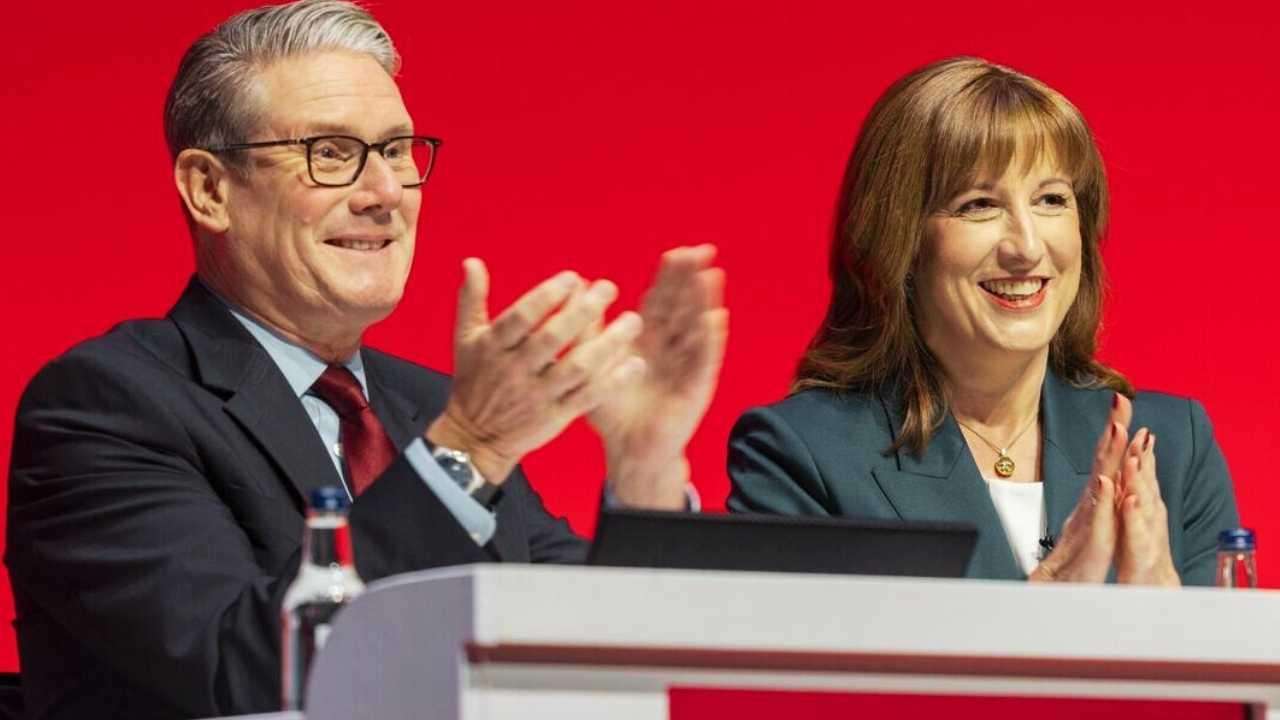
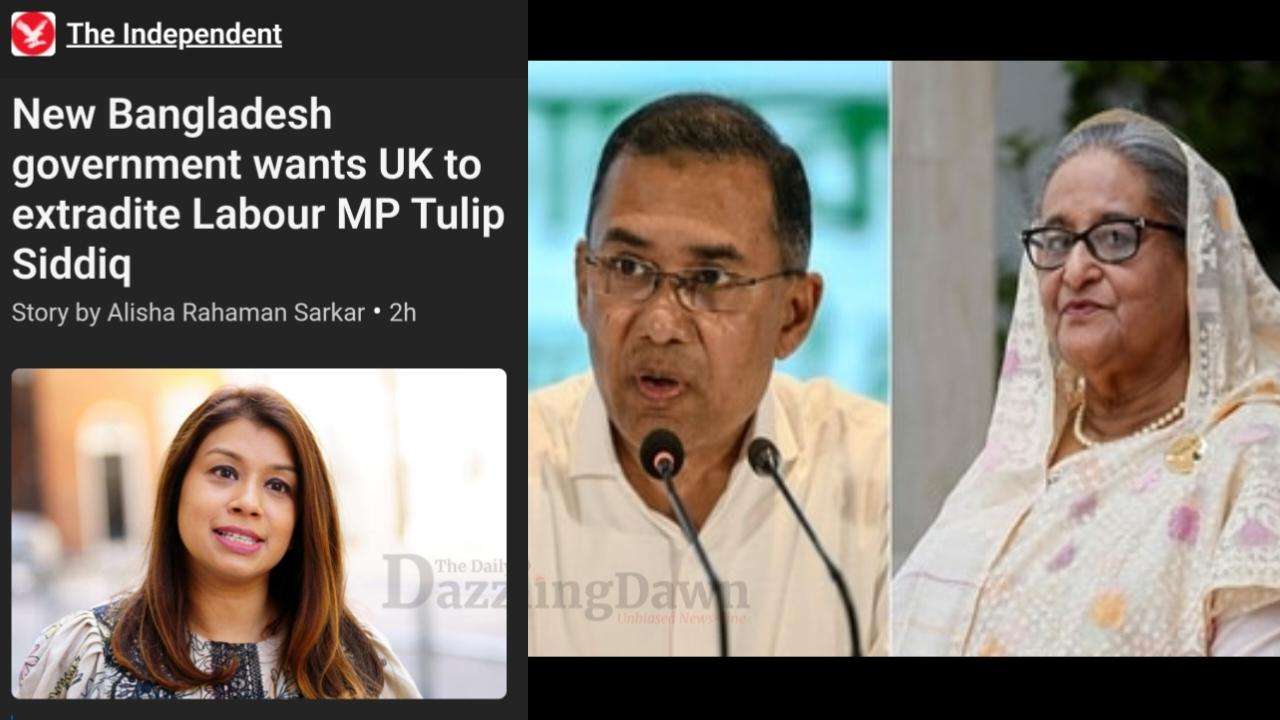
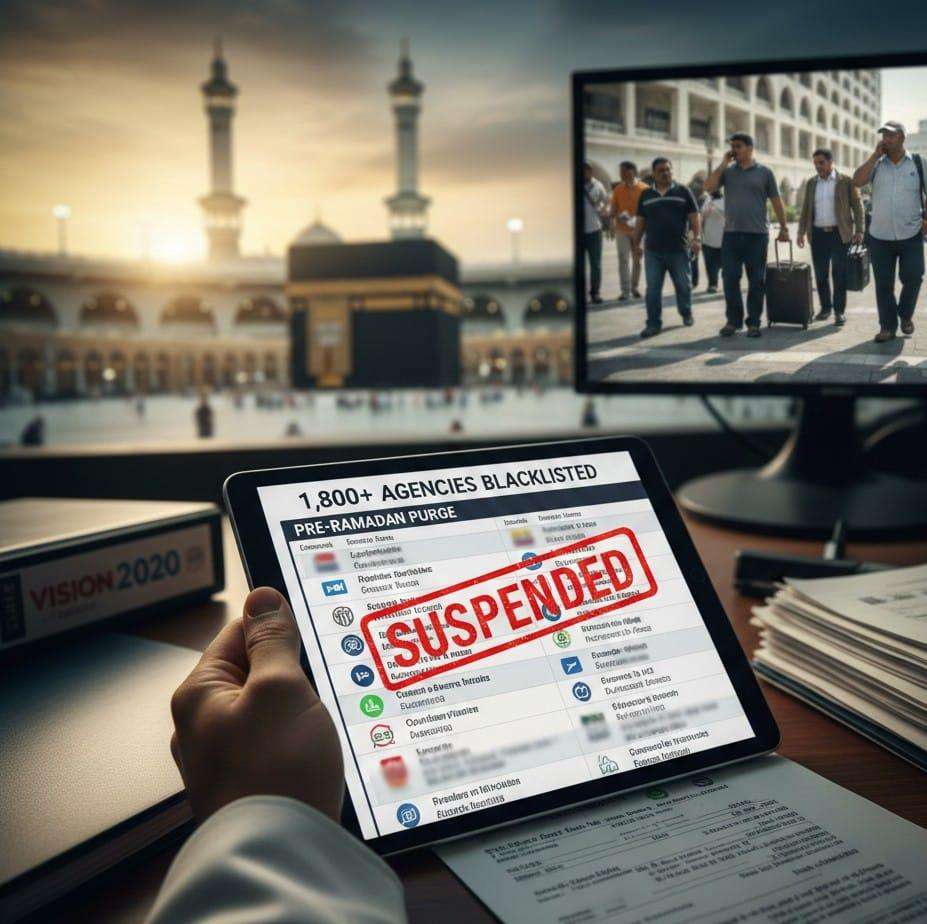
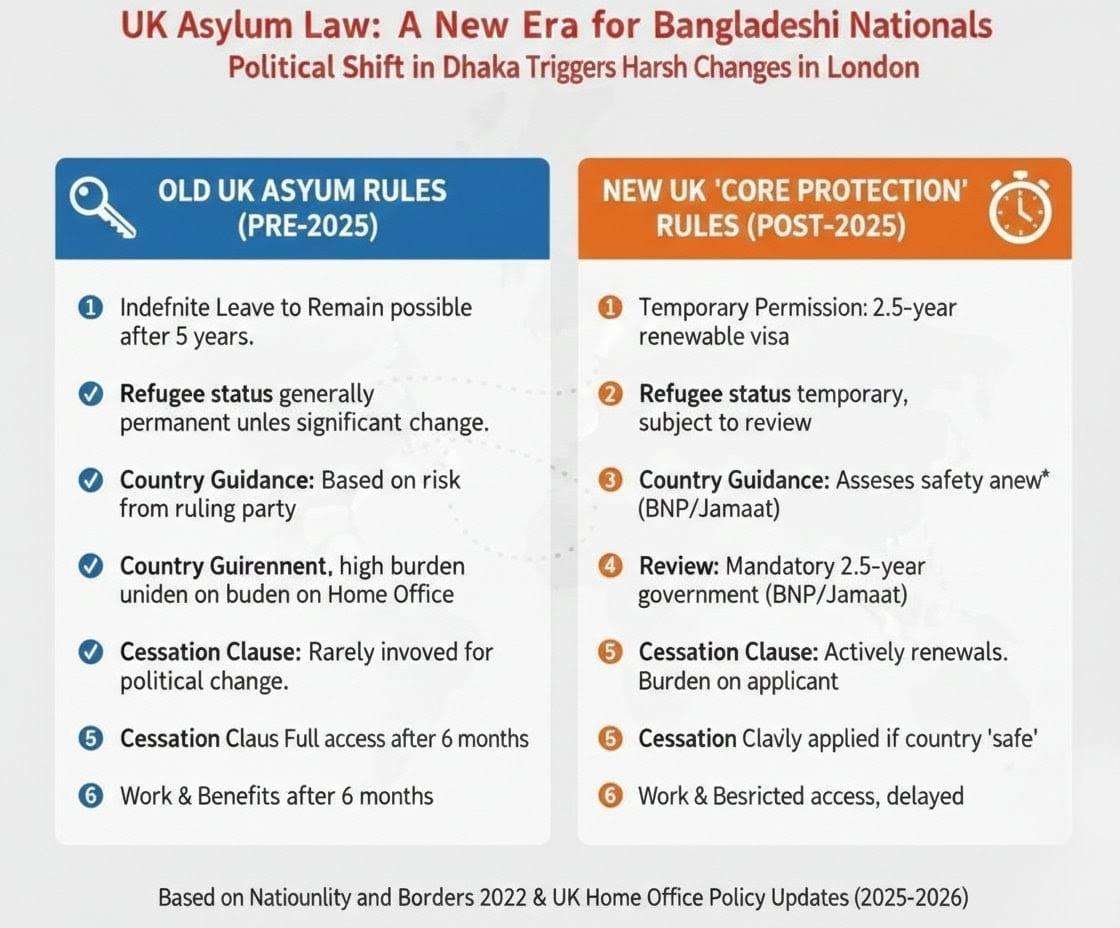
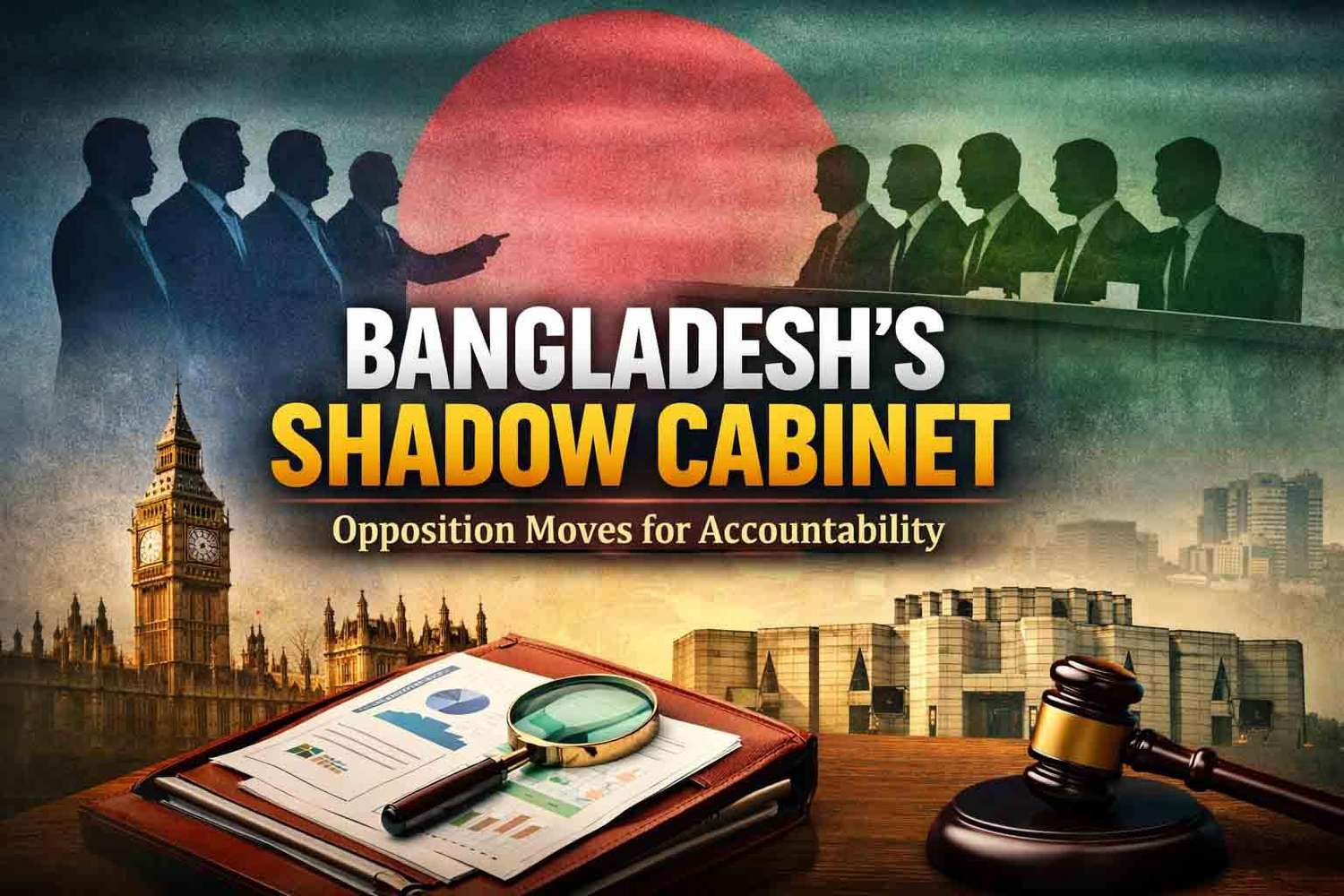


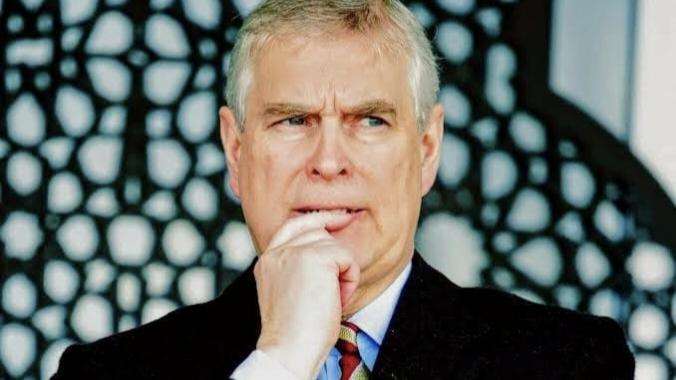
.svg)

.jpg)
_1.jpg)
